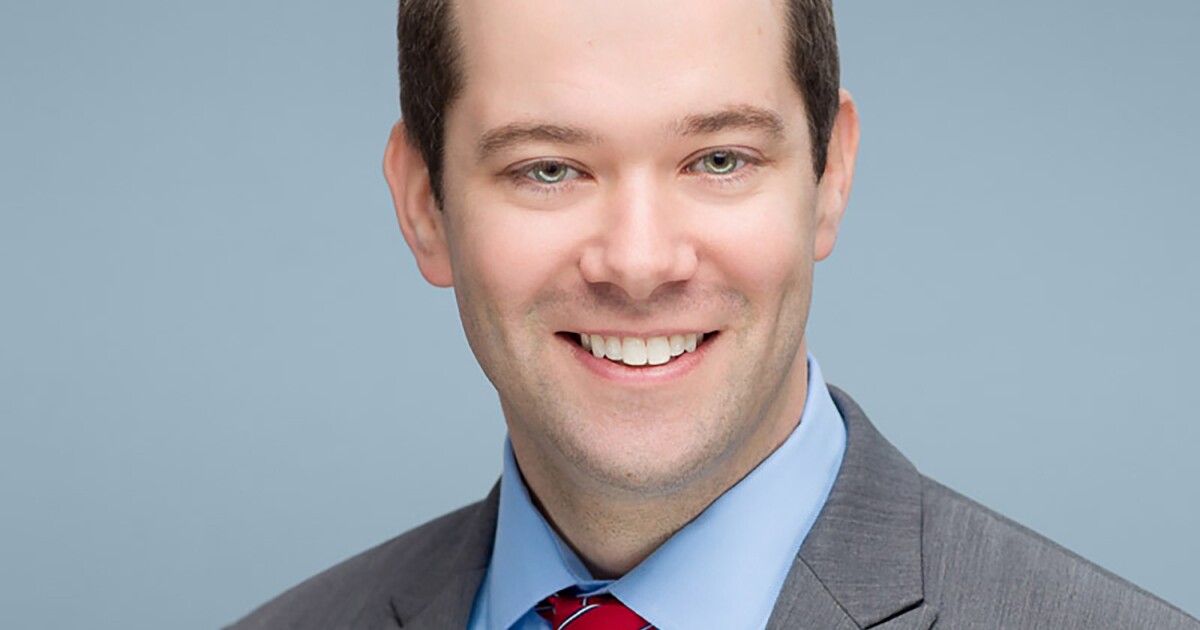Congress watchers skeptical about future
3 min read

Georgetown University
Political prognosticators are looking forward to the new Congress and seeing the result of ideological differences within the Republican party as agreements on tax policy may turn into low-hanging fruit.
“We have a sort of ideological divide in the Republican party that’s gotten to the point where it’s intractable on some issues, in particular, anything spending and debt related,” said Joshua Huder, senior fellow, Government Affairs Institute at Georgetown University.
“I have no question that they will find a majority for something on taxes, energy, and immigration, the coalition still comes together for those issues. But on basic stuff, like authorizing the national defense apparatus or funding the government, or raising the debt ceiling, they’re very broken.”
The comments came as part of two panel discussions produced by the American Enterprise Institute on Wednesday.
The upcoming debate on tax policy is a key area of interest to a muni community concerned about preserving the tax-exempt status of municipal bonds and restoring advance refunding.
Advance refunding and the cap on state and local taxes both happened during President Trump’s first administration as part of the Tax Cuts and Jobs Act which is set to expire at the end of the year.
Speaker Mike Johnson held his position as Speaker and leadership of the House Ways and Means Committee remains intact. Chairman Jason Smith has already voiced support for extending the Tax Cuts and Jobs Act and adjusting the cap on the state and local tax deduction.
The importance of committee leadership in crafting bill provisions is being called into question as omnibuses provide reliable transportation for legislative action but less political clout.
“It’s really hard to go home and tell your constituents. ‘I got my little bill tucked into a bigger bill that got tucked into a bigger bill, and it passed right before Christmas, you probably missed it,'” said Katherine Tully-McManus, the congressional reporter for Politico.
Dealing with the upcoming debt ceiling debate and the effects on the budget deficit also remains a concern for the bond market. In addition to tax-exempt munis, cost cutters are looking at funds sent out to the states to cover Medicaid payments and reimbursements for infrastructure investments.
In Trump’s first administration he diverted military funding toward his wall building project which has observers are concerned about the funding impoundment.
“The President is granted a certain amount of authority, or agencies are granted a certain amount of authority to spend in a given fiscal year and the President just refuses to spend that money, saying that’s not necessary,” said Huder.
“That is another huge challenge to congressional authority. It would spark a major kind of clash between the two institutions.”
Supporting municipal bonds and the projects they finance often have bipartisan appeal but because blue states and cities issue large amounts of debt, there has been a partisan backlash.
Many long-time politicos reminisce about the old days when political differences could be overcome without causing any casualties.
“It’s a little bit of a cliche, but behind closed doors these folks get along, but in public, they fight each other,” said Tully-McManus.
“That’s the baseline we want to get back to is, ugly in public, but productive in private.'”







